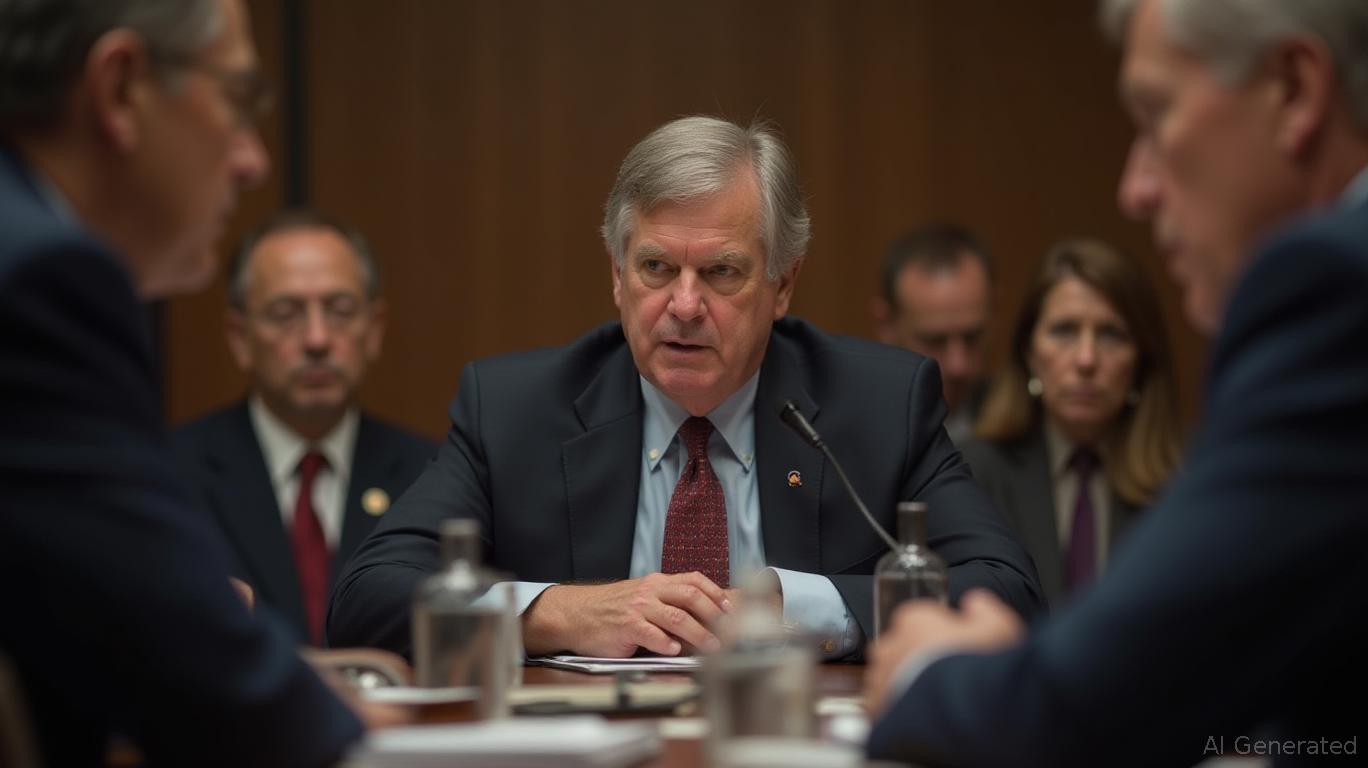Fed's Internal Debate on Rate Reductions Heats Up as Miran Advocates for Bold Easing
Fed Governor Miran Pushes for Deeper Rate Cuts as Internal Disagreements and Global Easing Persist
Stephen Miran, a member of the Federal Reserve Board, has become a prominent supporter of more substantial interest rate reductions, taking a more assertive approach to monetary policy than the recent actions of the Federal Open Market Committee (FOMC). As a relatively new addition to the board, Miran voted against the FOMC’s October decision to lower rates by 25 basis points, instead advocating for a 50-basis-point cut. He also joined Kansas City Fed President Jeffrey Schmid in dissent, though Schmid argued for keeping rates steady, according to

Miran’s case is built on concerns that current monetary policy is excessively tight. In a recent
The Federal Reserve’s measured strategy is influenced by ongoing economic challenges, such as a cooling job market and inconsistent inflation figures. Yet, Miran’s opposition points to intensifying debate within the Fed about how quickly to ease policy. It’s unusual for a governor to dissent in consecutive meetings, as most typically return to consensus after one dissent, as Barron’s observed. Miran’s persistent stance highlights his conviction that the Fed should act decisively to prevent economic stagnation.
Central banks worldwide are also weighing rate reductions, providing a broader backdrop for the Fed’s discussions. In Indonesia, Bank Indonesia Governor Perry Warjiyo has indicated that further cuts are possible, though their timing will depend on the rupiah’s stability and the impact of previous moves, as reported by
The Fed’s decision in December will depend on fresh economic indicators, including jobs data and inflation reports. Observers will be monitoring whether Miran’s call for bolder rate reductions gains support among FOMC members. For now, the central bank faces the challenge of curbing inflation while fostering economic growth in the midst of a fragile labor market.